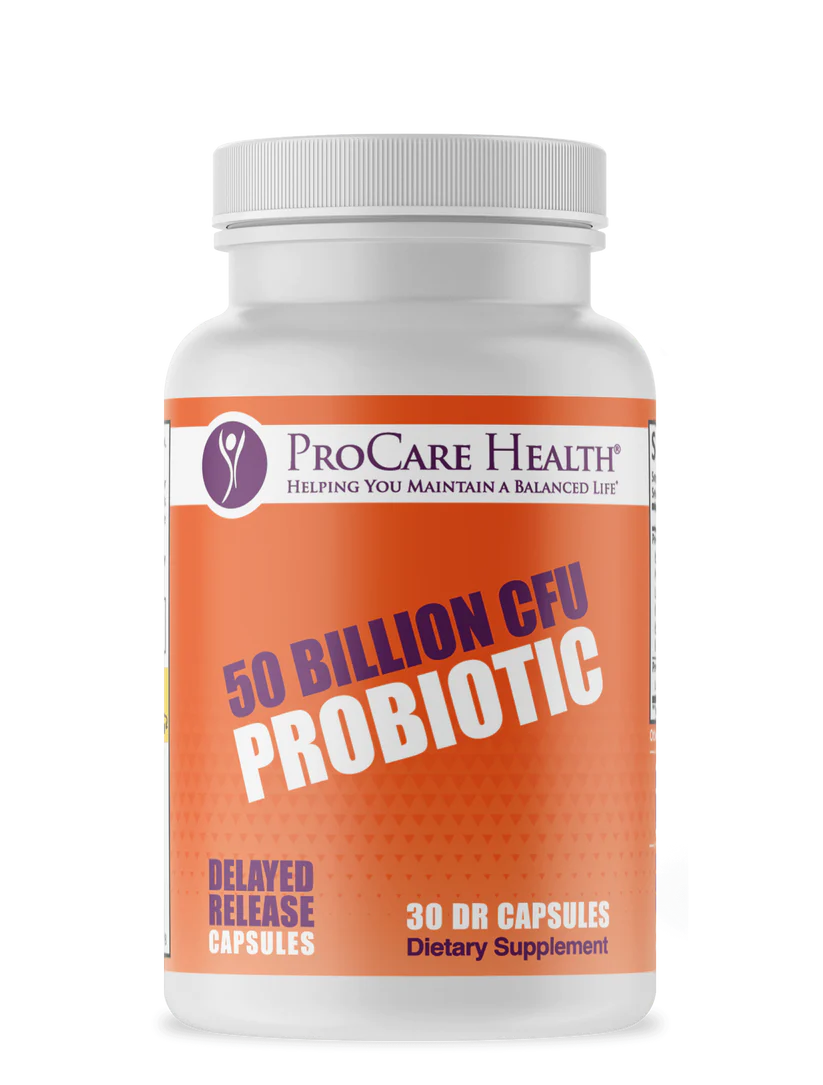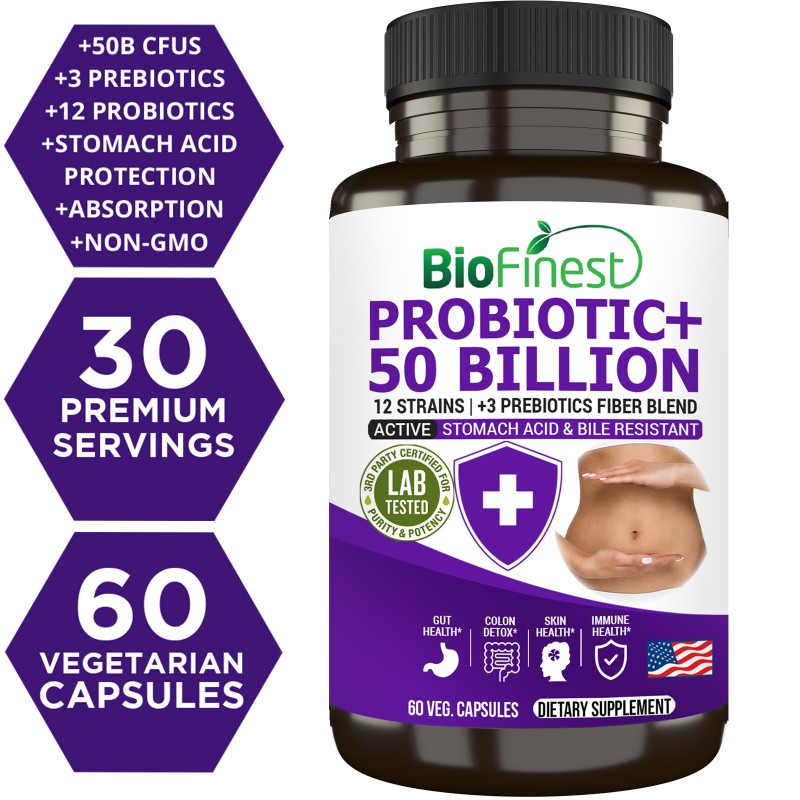What Is A Cfu In Probiotics

Consumers are increasingly bombarded with claims about probiotic effectiveness, but a crucial unit of measurement often remains misunderstood: the CFU. Understanding what a CFU is directly impacts whether you're actually getting the benefits you expect from probiotic supplements.
This article will break down the meaning of CFU (Colony Forming Units) in probiotics, explaining its significance in determining product potency and efficacy, and guiding consumers to make informed purchasing decisions.
What Exactly is a CFU?
A CFU, or Colony Forming Unit, represents the number of viable, or living, microorganisms within a probiotic product that are capable of multiplying and forming a colony.
Think of it as a count of the "active soldiers" ready to fight for your gut health. It’s a key indicator of a probiotic's potential effectiveness.
Why Does CFU Count Matter?
The CFU count directly influences the potential benefits you may experience from a probiotic. A higher CFU count generally indicates a greater number of live bacteria available to colonize the gut.
However, more isn't always better. The ideal CFU count depends on several factors, including the specific strains of bacteria, the target health condition, and individual needs.
Factors Influencing CFU Effectiveness
Several factors affect a probiotic's viability and, therefore, its effectiveness. These include storage conditions, manufacturing processes, and the strains of bacteria used.
For example, some strains are more robust and resilient than others, meaning they survive the manufacturing process and stomach acid better. Proper storage, often requiring refrigeration, is also essential to maintain CFU counts until the product is consumed.
How to Interpret CFU Information on Product Labels
Probiotic labels typically list the CFU count per serving. This information is usually found near the list of ingredients and strain names.
Be aware that the CFU count listed is often the *number at the time of manufacture*. The actual number of live bacteria at the time of consumption could be lower, especially if the product has been improperly stored or is nearing its expiration date.
Regulation and Quality Control
The probiotic industry is not as tightly regulated as pharmaceuticals. This means that the accuracy of CFU counts can vary significantly between manufacturers.
Look for products from reputable companies that conduct third-party testing to verify CFU counts and ensure product quality. Certifications from organizations like NSF International or USP can provide added assurance.
CFU Count Recommendations
General recommendations for CFU counts vary widely depending on individual needs and the specific condition being addressed. However, a common starting point is a daily dose of 1-10 billion CFUs.
Certain conditions, such as antibiotic-associated diarrhea, may require significantly higher doses. It's always best to consult with a healthcare professional to determine the appropriate CFU count for your specific situation.
Beyond CFU: Strain Specificity is Crucial
While CFU count is important, it's equally important to consider the specific strains of bacteria in a probiotic. Different strains have different properties and provide different health benefits.
For example, Lactobacillus rhamnosus GG is well-studied for its ability to support immune function, while Bifidobacterium infantis is often used to promote gut health in infants. Look for products that clearly list the specific strains included.
Storage and Handling Impact CFU Survival
Proper storage and handling are crucial for maintaining the viability of probiotic bacteria. Many probiotics require refrigeration to slow down the rate of bacterial die-off.
Always follow the storage instructions provided on the product label. Avoid exposing probiotics to excessive heat or moisture, as these can significantly reduce CFU counts.
Addressing Common Misconceptions
One common misconception is that all probiotics are created equal. In reality, the effectiveness of a probiotic depends on a complex interplay of factors, including CFU count, strain specificity, storage conditions, and individual needs.
Another misconception is that a higher CFU count automatically translates to better results. While a sufficient CFU count is necessary, it's not the only factor to consider. The quality and activity of the bacterial strains are equally important.
The Future of CFU Measurement
Research is ongoing to develop more accurate and reliable methods for measuring CFU counts. New technologies, such as flow cytometry and quantitative PCR, are being explored as potential alternatives to traditional plate counting methods.
These advanced techniques offer the potential to provide more precise and detailed information about the composition and viability of probiotic products. Standardizing CFU measurement across the industry is an ongoing effort.
What's Next?
Consumers should prioritize understanding the specific strains in their probiotic supplements and their recommended CFU ranges for targeted health benefits. Consult with a healthcare professional to determine the best probiotic and dosage for your individual needs.
Look for products that provide clear information about CFU counts, strain identification, and storage recommendations. Stay informed about the latest research and developments in the field of probiotics.


















